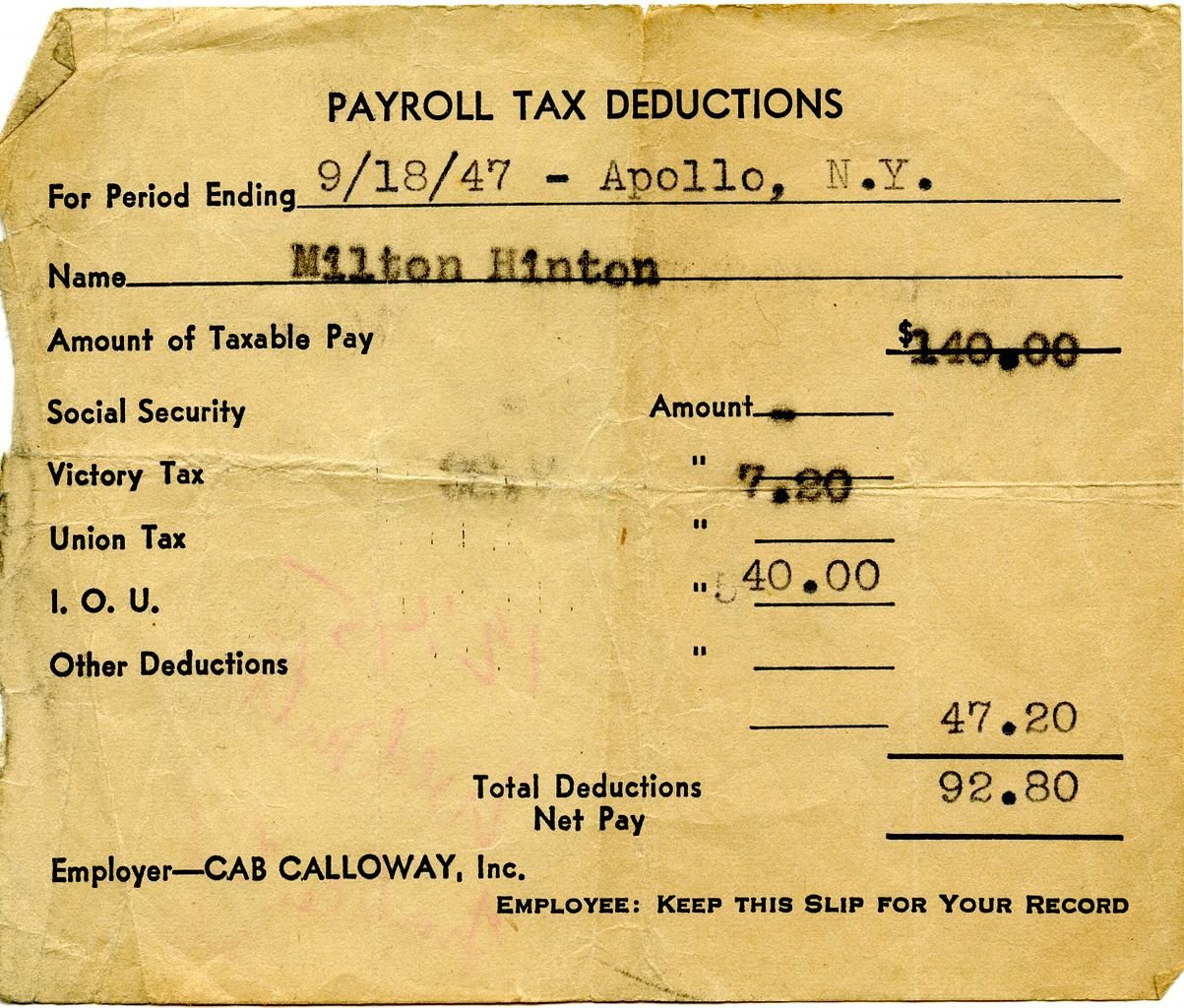11 April 2022
Salary is one of those words which has an oft-told origin story. Unfortunately, that well-known story has no evidence to support it.
What we do know about the origin of salary is that the English word comes to us from the Anglo-Norman salarie, and that in turn comes from the Latin salarium, meaning a regular payment of some sort. The Anglo-Norman word is recorded in the middle of the fourteenth century, and salary appears in English by the end of that century. It is almost certainly older, in both languages, but any manuscript evidence of older use hasn’t survived.
An early example of the word in English can be found in the late fourteenth-century poem Piers Plowman, by William Langland. In this passage the sin of sloth is confessing:
If I bigge and borwe aught, but if it be ytailed,
I foryete it as yerne, and yif men me it axe
Sixe sithes or sevene, I forsake it with othes;
And thus tene I trewe men ten hundred times.
And my servaunts som tyme, hir salarie is bihynde:
Ruthe is here rekenyng whan we shal rede acountes,
So with wikked wil and wrathe my werkmen I paye!(If I buy and borrow anything, unless it is recorded,
I soon forget it, and if people ask me for it
Six or seven times, I deny it under oaths;
And thus I injure honest men ten hundred times.
And my servants sometimes, their salary is overdue:
Sorrow is to their reckoning when we shall settle accounts,
So with wicked will and wrath my workmen I pay!)
The oft-told origin is that Roman soldiers were given a stipend, a salarium, to buy salt, or that they were actually paid in salt. The story is recorded by many reputable sources, most notoriously by Lewis and Short’s Latin Dictionary, but the story appears to be a nineteenth-century fabrication. Salarium did indeed mean a regular payment in classical Latin, and the word’s root is indeed sal (salt), but how salt is connected to monetary payments is simply not known. The story about Roman soldiers is a plausible hypothesis—a starting point for an investigation—but if it were true, we would see some evidence to support it. which we don’t. See Peter Gainsford’s analysis for details.
Sources:
Gainsford, Peter. “Salt and Salary: Were Roman Soldiers Paid in Salt?” Kiwi Hellenist, 11 January 2017.
Langland, William. The Vision of Piers Plowman (B-text), second edition. A.V.C. Schmidt, ed. London: Everyman, 1995. lines 5:423–29, 84.
Lewis, Charlton T. and Charles Short. A Latin Dictionary. Oxford: Oxford UP, 1879, s.v. salarius, n.
Oxford English Dictionary, second edition, 1989, s.v. salary, n.
Image credit: Oberlin Conservatory Library, 2016, licensed under a Creative Commons Attribution-Share Alike 4.0 International license.

